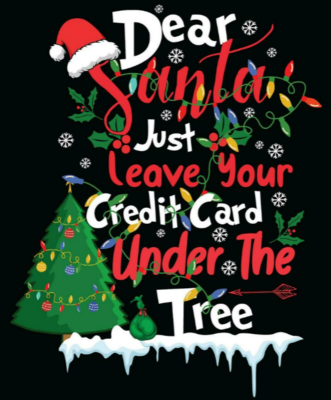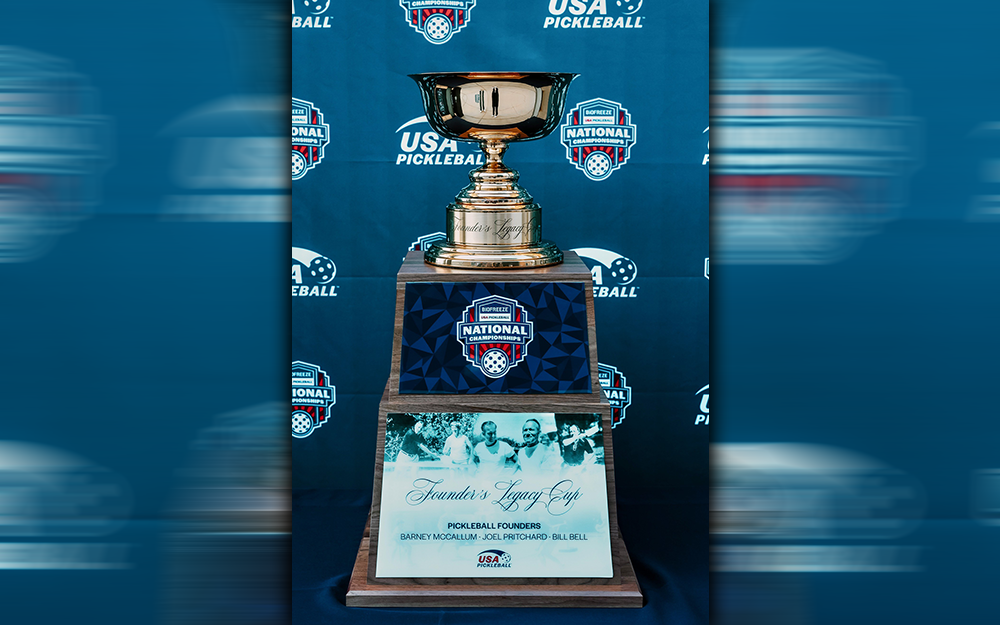
By Haddon Libby
‘Tis the season…where people use their credit cards. It is estimated that the average shopper will spend $902 this Christmas season. With all of this spending, which is the best credit cards for you?
Forbes ranks the Chase Sapphire Preferred Card as the best option for those looking for rewards. With a $95 annual fee, this card is best for those who like to accrue points for travel. When you initially sign up for the card, Chase gives you 60,000 bonus points so long as you spend $4,000 during the first month. The initial 60,000 points equate to $750 in buying power. If you buy a plane ticket for $300, you get 1,500 points which is the equivalent of $18.50. A $100 dinner earns 300 points or $3.75.
If you do a lot of shopping on Amazon, you might want to consider the Prime Visa card. Issued by Chase Bank, the card gives you 5% cash back on Amazon and Whole Foods purchases while providing extended warranty coverage. When traveling, the card provides you with collision damage protection on car rentals and protects against lost or stolen luggage. To qualify for this card, you need to have a credit score of at least 700 and have an Amazon Prime membership.
If you have poor credit, there are several cash secured credit cards available.
The CapitalOne Quicksilver Secured Cash Rewards Credit Card is a great choice for those trying to reestablish credit as the card can be established for as little as $200. Users get 1.5% cash back on eligible transactions and have the chance to graduate from the secured feature to an unsecured card with a good payment history.
Another good choice is the Bank of America Customized Secured Credit Card. Users get 2% cash back on grocery and wholesale club (ie Costco) purchases and up to 3% cash back on ‘bonus’ categories each month. Cash back is only earned on the first $2,500 of purchases each quarter.
Students looking for a credit card might like the Bank of America Travel Rewards Card for Students. Users get 25,000 points for signing up for the card and 1.5 points for every $1 spent. These points are most valuable when used for travel although users have the option of using points to make payments on the card.
Many like to transfer balances between cards to secure an introductory 0% interest rate. The issue with these cards is that they charge 3% to move balances. As such, you want a card that allows you the longest time possible at the 0% rate. The Citi Custom Cash Card is nice in that you have 15 months to repay the transfer amount. Additionally, you get a $200 cash back bonus for getting the card and up to 5% cash back on up to $500 on purchases each month with most purchases earning 1% cash back.
 Business owners might like the Ink Business Cash Credit Card by Chase. Users earn 5% cash back on the first $25,000 spent on office supplies, internet and phone and 2% back on gas and food purchases. Additional spending earns 1% cash back. As a bonus for getting the card, you can earn $350 if you spend $3,000 in the first 3 months and an additional $400 for the next $6,000 in purchases over the first six months.
Business owners might like the Ink Business Cash Credit Card by Chase. Users earn 5% cash back on the first $25,000 spent on office supplies, internet and phone and 2% back on gas and food purchases. Additional spending earns 1% cash back. As a bonus for getting the card, you can earn $350 if you spend $3,000 in the first 3 months and an additional $400 for the next $6,000 in purchases over the first six months.
One of the most exclusive credit cards is the American Express Platinum Card. With a $695 annual fee, perks include $100 discounts on hotel bookings. Using the card with Uber Eats earns $15/month. If you use the card to get a CLEAR membership or TSA Pre-check, fees are reimbursed. Additionally, the user gains access to more than 1,400 airport lounges around the world. This card also has many of the other benefits of other cards like trip delay/cancellation insurance, an 24/7 emergency assistance hotline for medical, legal and travel.
Haddon Libby is the Founder and Chief Investment Officer of Winslow Drake Investment Management. For information on our services, please visit www.WinslowDrake.com.










































